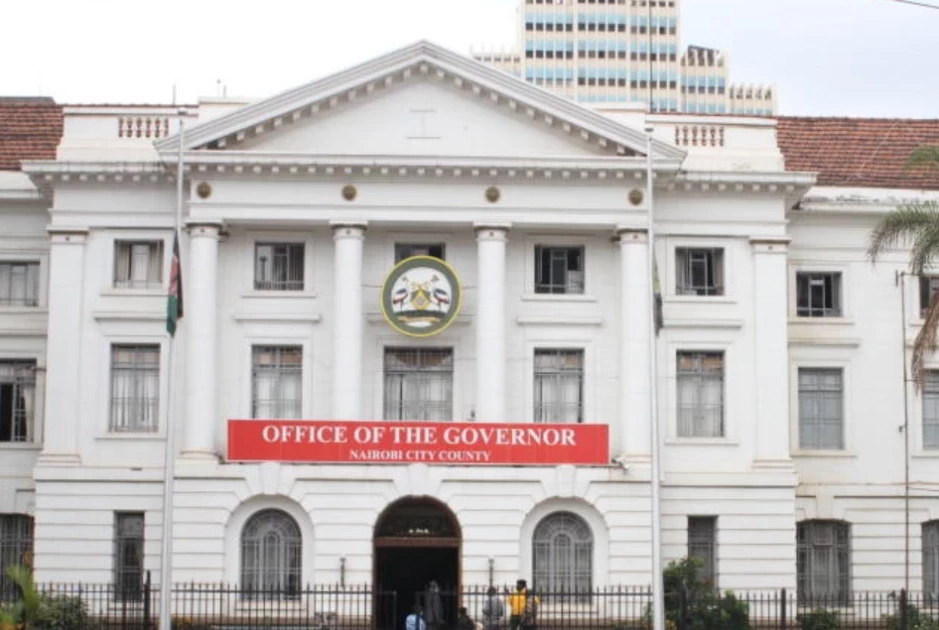Landowners in Nairobi will begin paying revised land rates from January 1, 2026, under a new structure announced by the county government. The move, officials say, is part of efforts to modernise property taxation and strengthen local revenue collection.
In a notice issued on Friday, Patrick Mbogo, Nairobi County Executive Committee Member for Built Environment and Urban Planning, said the changes follow provisions of the National Rating Act, 2024. The updated framework applies both to properties in designated flat rate zones and those valued under the 2019 Draft Valuation Roll.
“This new structure seeks fairness and consistency in property taxation,” Mr Mbogo said. “We’re aligning with modern valuation standards while ensuring no property owner is unfairly burdened.”
How the New Rates Will Work
According to the county notice, properties in flat rate zones will now attract annual rates ranging from KSh2,560 for land under 0.1 hectares to KSh4,800 for parcels larger than 0.4 hectares.
For properties valued under the 2019 Draft Valuation Roll, residential, commercial, and agricultural plots will be charged 0.115 per cent of their unimproved site value (USV) per year — a measure based on the land’s worth without any developments on it.
However, the county has placed conditions to cushion ratepayers from drastic increases.
“New rates lower than those in 2022 will remain at the 2022 level, while any increase exceeding double the 2022 rate will be capped at twice the 2022 figure,” the notice reads.
Pending Appeals and Unlisted Properties
Landowners who have objected to the 2019 Draft Valuation Roll will continue paying the old rates until their cases are reviewed by the Valuation Board.
Meanwhile, owners of parcels not included in the roll have been advised to contact the Chief Valuer at City Hall for assessment and guidance.
The county has also directed sectional title holders—such as apartment owners—to open individual land rate accounts to ensure accuracy and compliance in billing.
Digital Access and Customer Support
Residents can access rate invoices and make payments through the Nairobi e-Services portal (nairobiservices.go.ke). The county has also urged those with queries to reach out through its Customer Care Centre via phone or email.
Officials said the digital system aims to reduce errors, increase transparency, and make it easier for Nairobians to stay up to date with their land obligations.
Boosting County Revenue
Land rates remain the single largest contributor to Nairobi’s own-source revenue, accounting for roughly 25 per cent of total annual collections. The other key revenue streams include parking fees, single business permits, house rents, building permits, and billboard advertisements — which together make up nearly 80 per cent of the county’s revenue.
Analysts say the new structure could help Nairobi stabilise its finances after years of inconsistent revenue collection and property valuation disputes.
As the city gears up for implementation in January 2026, landowners are being urged to review their property details early to avoid penalties or billing errors.
“Our goal is to make this transition smooth and transparent,” Mr Mbogo added. “We’re giving residents enough time to understand and comply with the new structure.”

